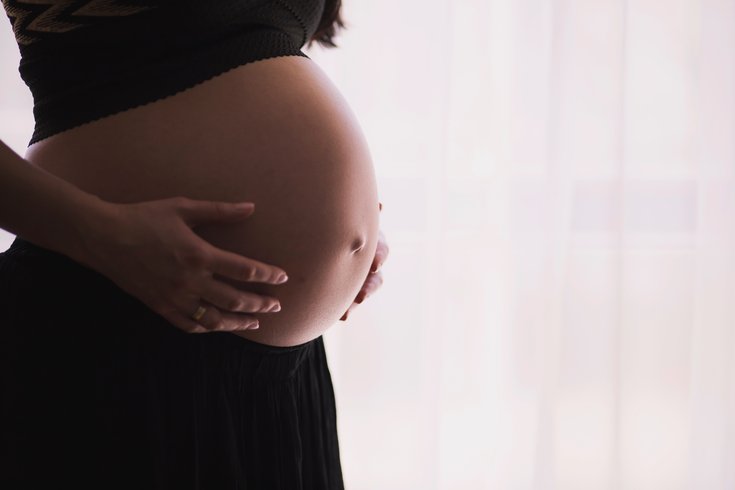
September 15, 2023
 FreeStocks/Unsplash
FreeStocks/Unsplash
Pregnant people exposed to extreme heat have a higher risk for severe maternal morbidities, according to a study published last week.
Exposure to extremely high temperatures for prolonged periods of time during pregnancy can lead to an increased risk of complications during childbirth, a recent study has found.
Severe maternal morbidities, or unexpected outcomes of labor and delivery that result in significant health consequences, increased by as much as 27% among pregnant people exposed to extreme heat, according to the study.
Researchers analyzed more than 425,000 pregnancies in California from 2007-2018, as well as temperature data from the same time period. The Federal Emergency Management Agency defines extreme heat as temperatures above 90 degrees for two or more days.
The study, published last week in the Journal of the American Medical Association, found significant links between exposure to extreme heat and severe maternal morbidities. The most prevalent complications observed were sepsis and blood clotting.
Severe maternal morbidities are considered a near-miss for maternal death, according to the Centers for Disease Control and Prevention. The agency lists 22 indicators of maternal morbidity that can be used by health care providers to diagnose and treat unexpected labor and delivery outcomes. In addition to sepsis and blood clotting, indicators include aneurysms, seizures, shock, acute renal failure and acute heart failure.
Exposure to extreme heat during the final week of pregnancy also was associated with these severe health complications, the study found. The risk was even greater among people with lower levels of education and lower socioeconomic statuses.
"Our observation of worse health outcomes among women with lower socioeconomic status may reflect the broader impacts of persistent and pervasive social justice issues, including higher adverse exposure levels, more cumulative stressors, more underlying health conditions, and lack of resources and opportunities among these vulnerable populations," the study's authors wrote.
This summer was Earth's hottest since heat-tracking began in 1880, NASA said on Friday. The new record comes at the same time as deadly wildfires in Canada and Hawaii and heat waves across large swaths of the United States.
Previous research has examined extreme heat's impact on pregnancy health. Extreme heat has been linked to preterm birth, premature rupture of membranes, low birth weight and stillbirth. It also has been associated with a higher risk of fatal heart attack, increased seasonal allergies, congenital heart defects, dementia and premature death, the Washington Post reported.
The prevalence of severe maternal morbidities — and maternal deaths — has increased in the U.S. despite improvements in prenatal care and technical advancements. Severe maternal morbidities have surged in Pennsylvania and in Philadelphia, which has the fourth highest rate of severe pregnancy complications in the state, a recent report found.
Maternal deaths in the U.S. are at their highest number since 1965 despite being preventable in most cases. The U.S. has the highest maternal death rate among affluent countries, with Black women disproportionately impacted by pregnancy complications.
The best thing pregnant women can do during periods of extreme heat is limit time outdoors, Dr. Jennifer Ashton, an OB-GYN, told ABC News. Staying in air-conditioned spaces is ideal, but if one does have to go outside, finding ways to stay cool is vital to staving off heat-related illnesses like heat exhaustion and heat stroke.